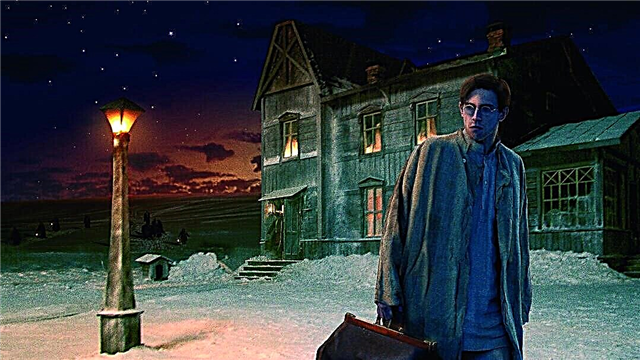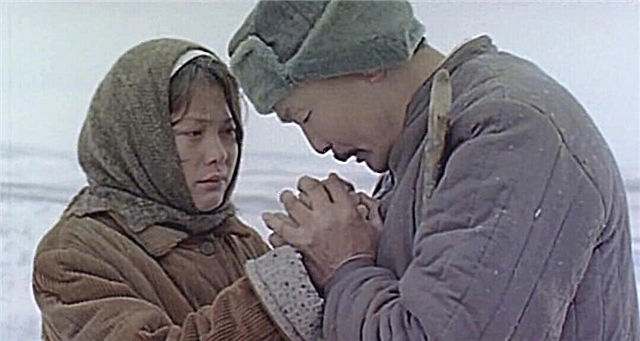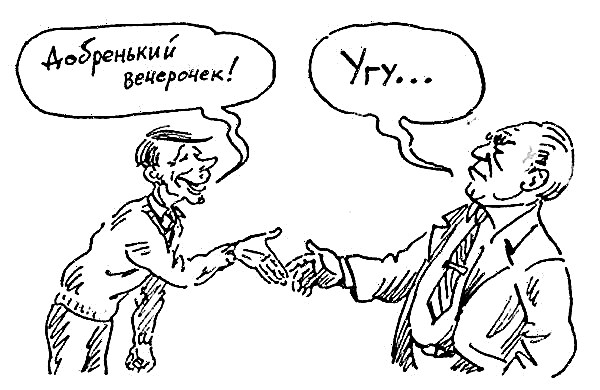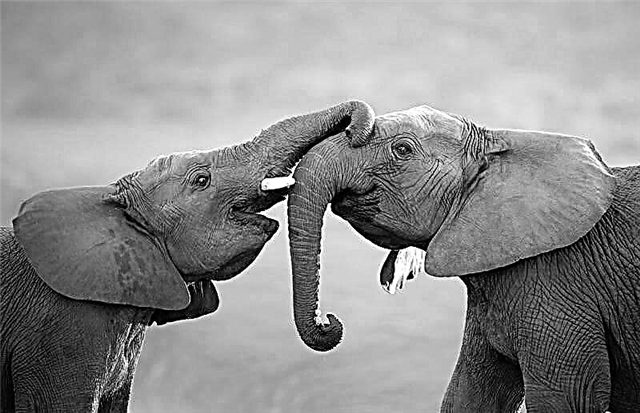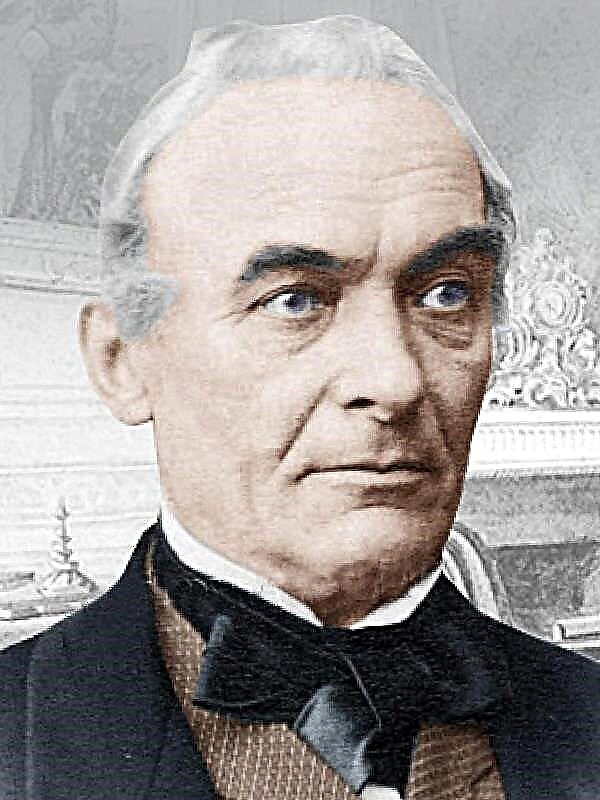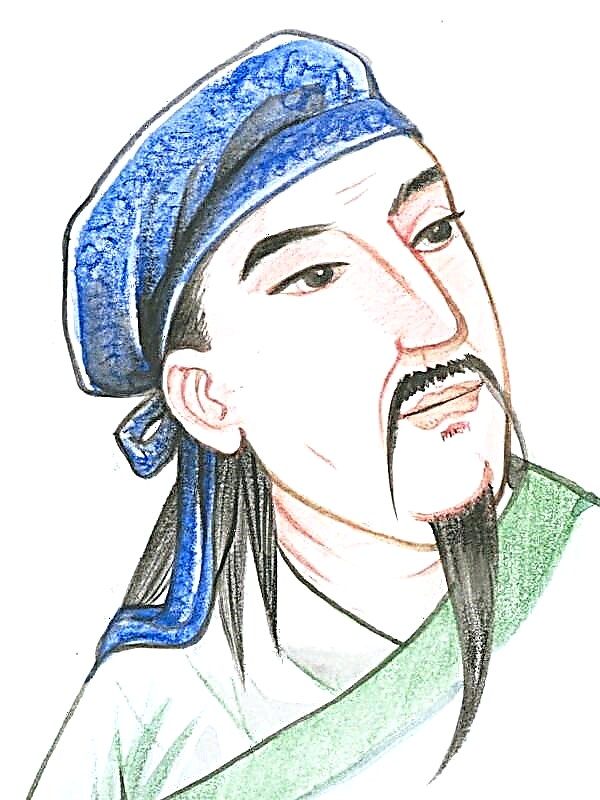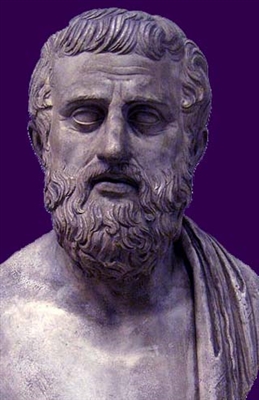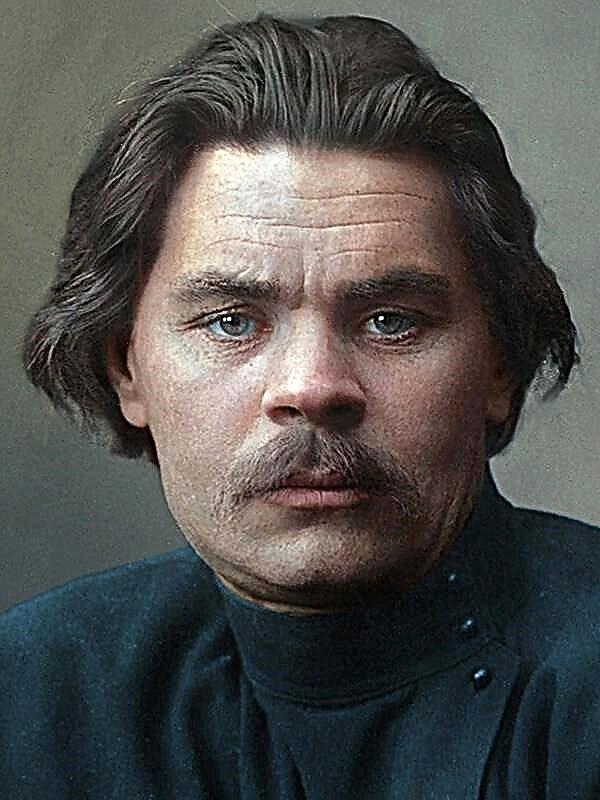(314 words) The novel “Hero of our time” is considered a transitional link between romanticism and realism in the works of Lermontov. In it, the author diagnosed his generation with restlessness, a disease of the soul. The hero of that time is Pechorin - tired of everything, a slightly cynical person who hides his tormented heart under the guise of estrangement.
In his main character, Lermontov portrays a representative of a thoughtful, alienated, but talented and capable youth, whose image many writers sought to convey, but few have ever surpassed. Guided by the author’s frank narrative, the reader follows Pechorin through a series of dramatic adventures in which players, smugglers, Circassian partisans and duelists who own guns play their roles. Page by page, with unerring psychological insight, Lermontov reveals his protagonist as a masterly manipulator who plays both men and women. With heartless indifference, Pechorin enjoys the excitement and suffering of others, as his “exploits” ruin the lives of many characters: Bela, an innocent Circassian girl who Gregory buys for a horse; Grushnitsky, a cadet madly in love, whose romantic hopes lay on Princess Maria Ligovsky, a fragile, beautiful young woman. Struck by his own destructive power, Pechorin tries to comprehend his motives and his destiny, but all to no avail. In his radical egoism, Pechorin fascinates and repels. He is a sneaky swindler, and, in the words of Maxim Maksimych, “a wonderful person, only a little strange.”
Why is this man the hero of his time? Firstly, because he is an idle nobleman who has not found himself a worthy calling. Almost all young people of that era surrounding Lermontov are suitable for this characteristic. He himself was like that. Therefore, all the problems of Pechorin - this is what worried all thinking young men who were lost in the boundless tsarist Russia. Secondly, because Gregory follows the fashion of romanticism, which ascribes to all "exceptional" people to drive themselves into longing, to wander around the world and not burden themselves with either work or family. Then such a way of thinking was professed by many readers. Pechorin is drawn even in front of him, and the author condemns this desire to adapt life to a beautiful template. Thus, the hero of Lermontov really personifies an entire generation, because all his characteristic features were embodied in him.

